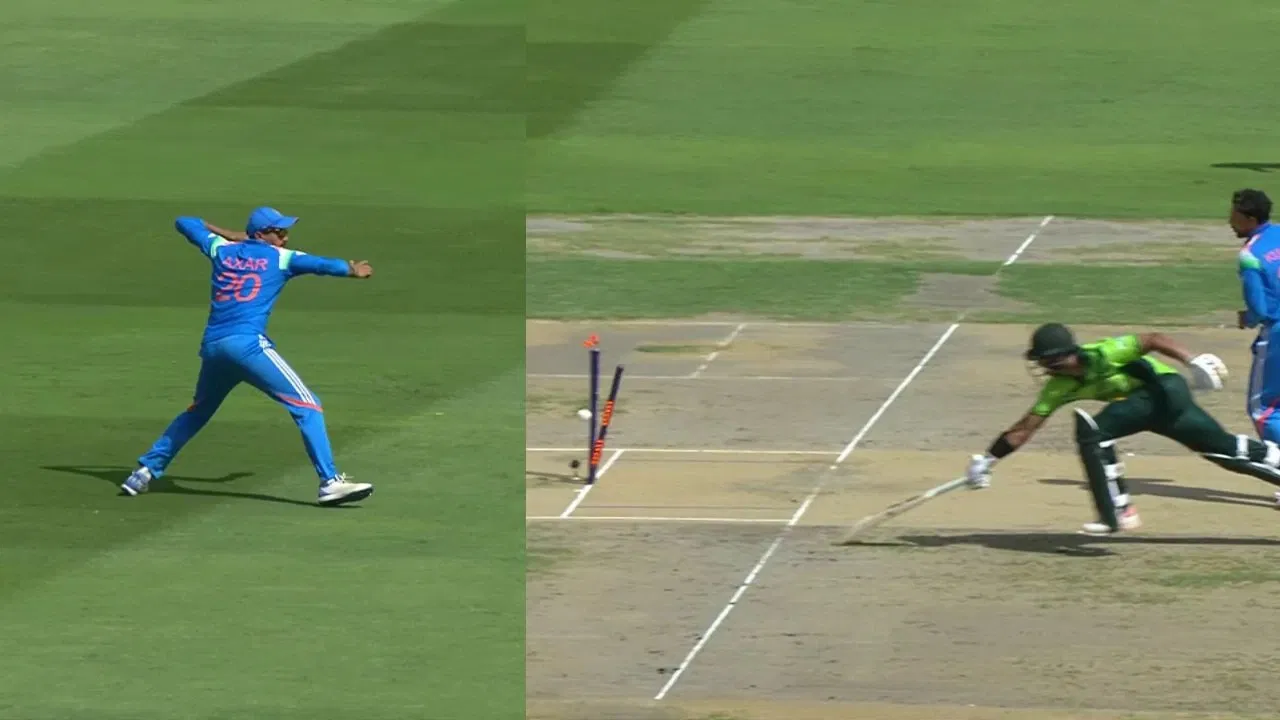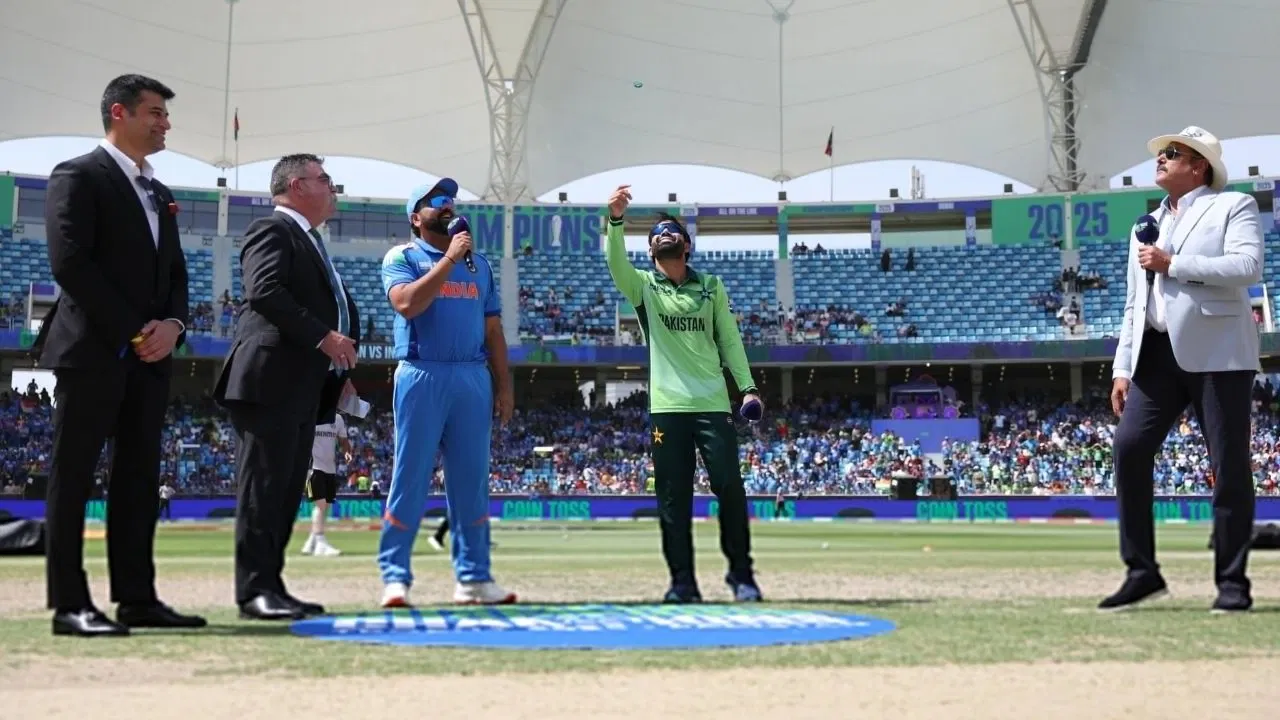Mumbai: There’s a palpable difference in the way the tennis community has reacted to two significant developments at either end of the Jannik Sinner doping saga.

Right at the start when the world No.1’s two positive tests in March last year were made public before the US Open, most of his colleagues — with the leading exception of the outspoken Nick Kyrgios — chose caution over criticism in walking a tightrope and backing the Italian’s innocence. Now, even as many continue to believe the notion that Sinner did not intentionally dope, the three-month suspension after a settlement with WADA has got them off the fence and firing away.
Voices to have spoken up range from Novak Djokovic to Alexander Zverev to Jessica Pegula to Stan Wawrinka, with terms tossed around going from “strange” to “weird” to “favoritism” to “completely broken”.
Each of it could carry some merit because, irrespective of WADA’s conclusion that the three-time Grand Slam champion “did not intend to cheat”, there was a certain degree of timeliness and bargaining power around this episode which is almost unprecedented compared to other doping cases in tennis.
And that could set a tricky precedent. For, as Daniil Medvedev put it, players fighting similar cases should now also be able to go to WADA and say, “well, no, I want one month”. “Otherwise,” Medvedev added, “if it’s not going to be possible, it’s going to be bizarre.”
Sinner, who tested positive for banned substance clostebol which he stated was passed on inadvertently from his physiotherapist, was first given the benefit of doubt by the International Tennis Integrity Agency (ITIA).
Until days ago, anti-doping watchdog WADA wanted to challenge that and seek a ban of one to two years. The Court of Arbitration for Sport (CAS) had set an April date for the hearing. That is where the timeframes around this case stand out.
Armed with lawyers, Sinner’s team was able to bring WADA to the table and strike a settlement with a marked sense of urgency. The 23-year-old will not miss a single Grand Slam and will be free to return in time for his home Rome Masters tournament leading into the French Open.
Contrast this with instances where cases have dragged on to cascading and career-ending effect. Simona Halep, the former women’s world No.1, was handed a four-year ban in 2022 which, two years on, was reduced to nine months by CAS. Halep, hardly the same player since, announced her retirement this month. British player Tara Moore lost 19 months of her professional career until she was cleared by ITIA of no fault or negligence for a doping violation.
“If all players are treated the same and this is (the) future precedent, I wouldn’t be bothered, but we all know it won’t be. Why can’t we all be treated the same?” Moore wrote on X this week.
Stefano Battaglino, another Italian tennis player with far lesser accomplishments as a career-high world No.760, had also tested positive for the same substance as Sinner in 2023. He was suspended for four years, which the CAS upheld last year.
The only major difference between the two clostebol cases was that Battaglino, who like Sinner had maintained it entered his system inadvertently, was not able to adequately prove the source of the substance. Anti-doping’s principle of strict liability (that is: if the substance is in an athlete’s body, the athlete bears responsibility for it) applies to both.
Battaglino did not have the financial ability to recruit lawyers to present and fight his case. So doesn’t Indian pro Yash Chaurasia, who is provisionally suspended after testing positive for terbutaline (he claims to have got it from a cough syrup) and is awaiting a response from ITIA to his appeal. So don’t, as Djokovic stated, many other lesser-known players “that have been struggling to resolve their cases for years or have got the ban for years”.
“The majority of the players don’t feel that it’s fair. The majority of the players feel like there is favouritism happening,” Djokovic said of the Sinner-WADA settlement. “It seems like it appears that you can almost affect the outcome if you are a top player, if you have access to the top lawyers and whatnot.”
That’s where the inconsistencies kick in. That’s where the gap appears to widen. That’s where the grey area lies. As 2024 US Open finalist Pegula put it, whether someone is “clean or not, the process is completely broken”.










Leave feedback about this